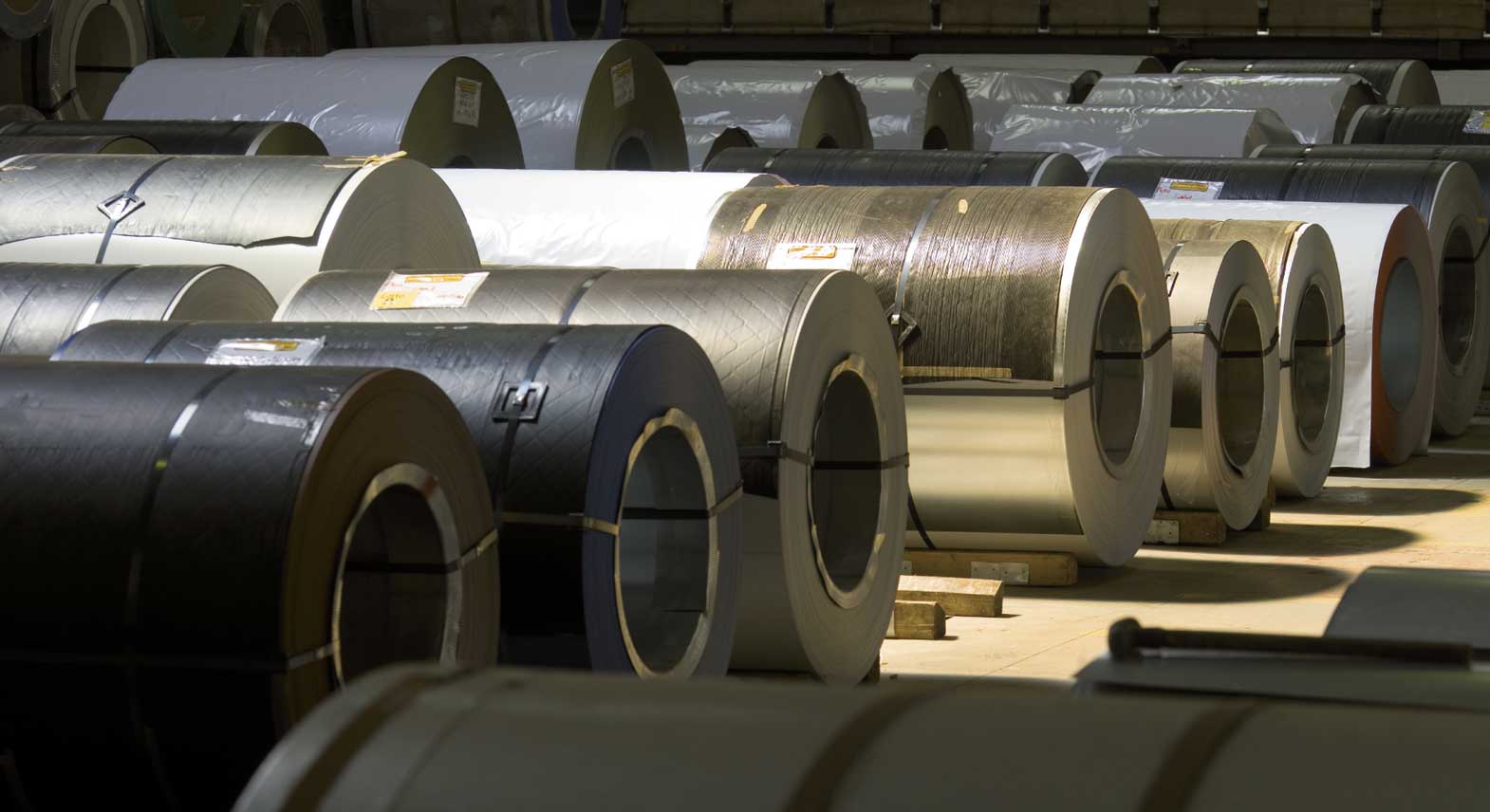Domestic prices for hot-rolled coil were fairly stable in Europe on Jan. 31 as market participants waited for the return of Asian producers in the EU market after the Lunar New Year holidays.
Import offers have been limited — so far only an India-based supplier had returned to the market looking for Eur735/mt CIF Italy for HRC and Eur810/mt CIF Italy for cold-rolled coil.
the latest deals for HRC from Turkey were reported at around Eur740/mt delivered CIF Southern Europe, including anti-dumping duties. The Turkish exporters have been planning to increase the offers soon, according to three market sources.
“Now everyone is waiting for China to return with export offers and for Asian mills to give new offers for Europe,” a steelmaker said. “Then the domestic coil price rise in Europe should resume.”
An Italy-based service center source said that if imports from Asia remained at prices around Eur735/mt CIF and Turkish mills managed to increase offers, then domestic prices of Eur780/mt either delivered or ex-works Italy would be possible.
In the meantime, domestic offers of HRC in Southern Europe were heard at Eur730-Eur780/mt ex-works, and tradable values at Eur730-Eur750/mt ex-works Italy and a few deals at Eur740-750/mt ex-works Italy were reported.
Platts assessed domestic prices for hot-rolled coil in Southern Europe at Eur745/mt ex-works Italy on Jan. 31, up Eur5 on the day.
In Northwest Europe, offers were reported above Eur800/mt delivered Ruhr. Tradeable values were talked at Eur750-Eur780/mt ex-works Ruhr and deals were heard at Eur750-Eur760/mt ex-works Northern Europe.
A Northwest Europe-based distributor also said that prices for HRC from re-rollers were lower at Eur730/mt ex-works Northern Europe.
Platts assessed domestic hot-rolled coil prices in Northwest Europe at Eur755/mt ex-works Ruhr on Jan. 31, unchanged on the day.
The bullish mood among European steelmakers was supported by good order books. The majority of the mills had sold out the first-quarter rolling coil, and only limited volumes for March production material were available in the market.
Despite long lead times from European mills, more buyers were turning to domestic coil suppliers, as lead times of overseas material were even longer, with delivery for Asian coil reported in June-July.
“It is clear that due to long lead times, buyers turn to domestic suppliers,” a Southern Europe-based distributor said. “It is unclear what is going to happen in the future and they do not want to risk and book material that would arrive in June-July. And the import prices with all additional costs and in line with those from the EU mills. And risks are less when you buy domestic.”
Buyers, meanwhile, were cautious in their purchases due to concerns that European steelmakers would bring more capacities in operation, and increased availability would drag coil prices down.
Slovakia’s US Steel Kosice, ArcelorMittal Spain and SSAB Raahe in Finland confirmed the restart of blast furnaces idled in 2022. Some market sources believe that the capacity restart is likely to result in domestic coil prices softening in the second quarter.
Platts is part of S&P Global Commodity Insights.
— Maria Tanatar, Benjamin Steven






